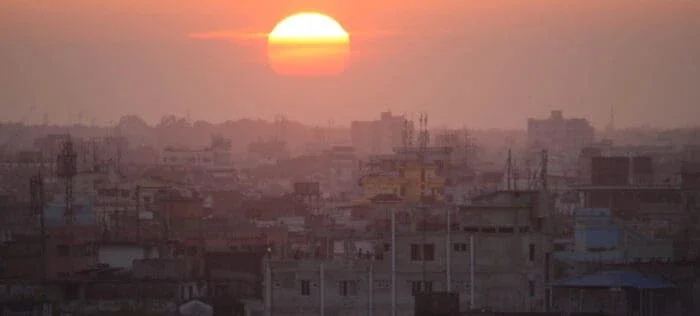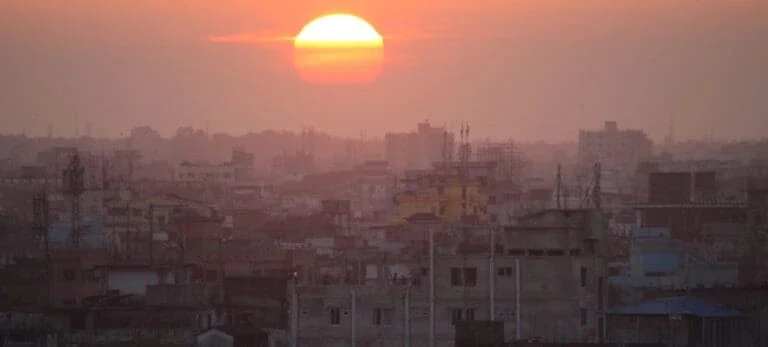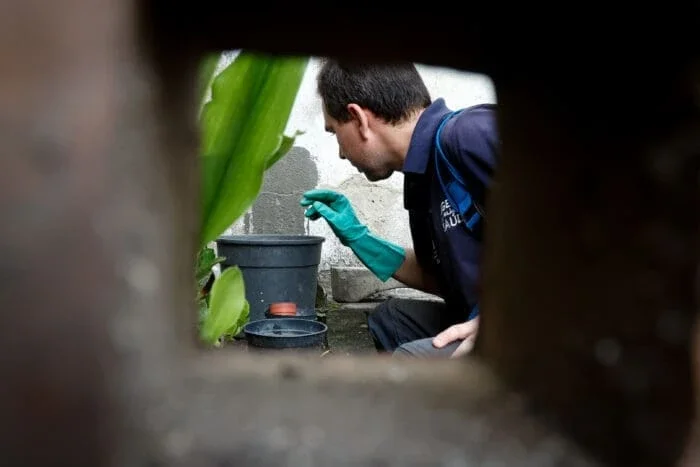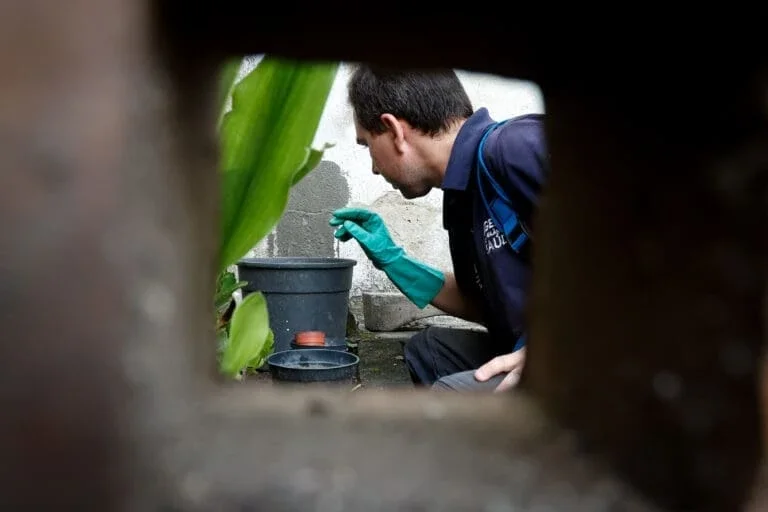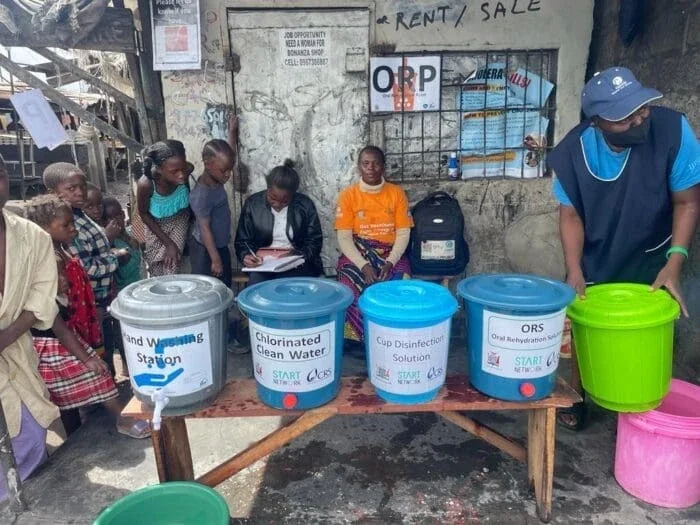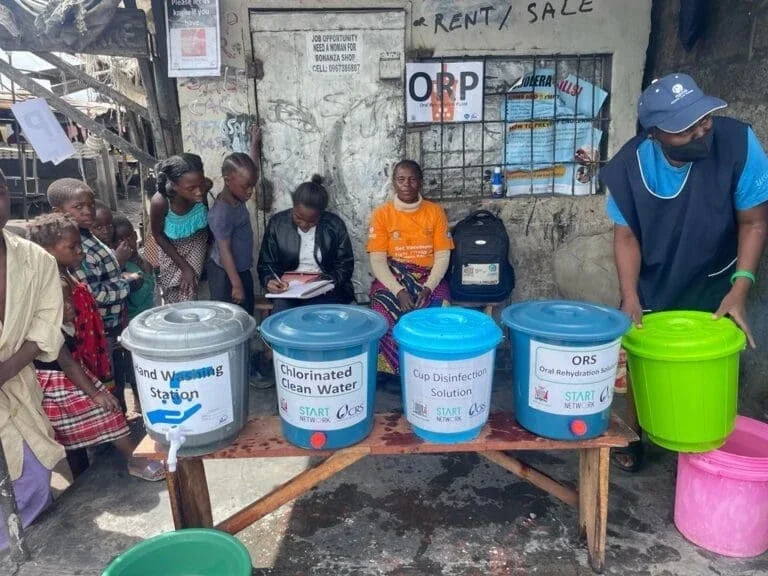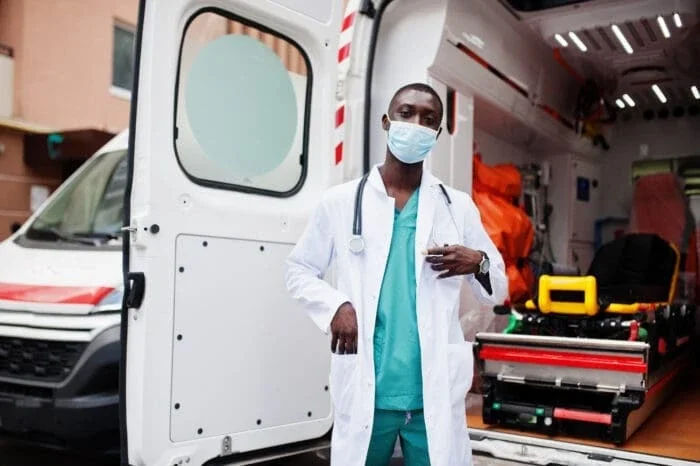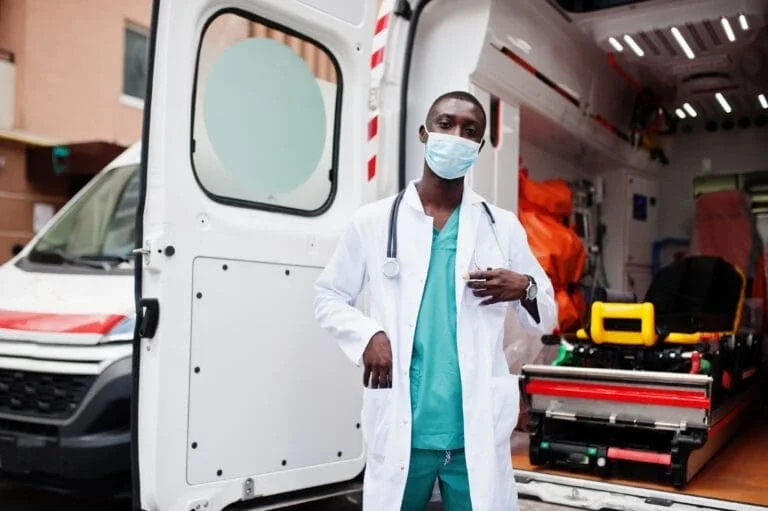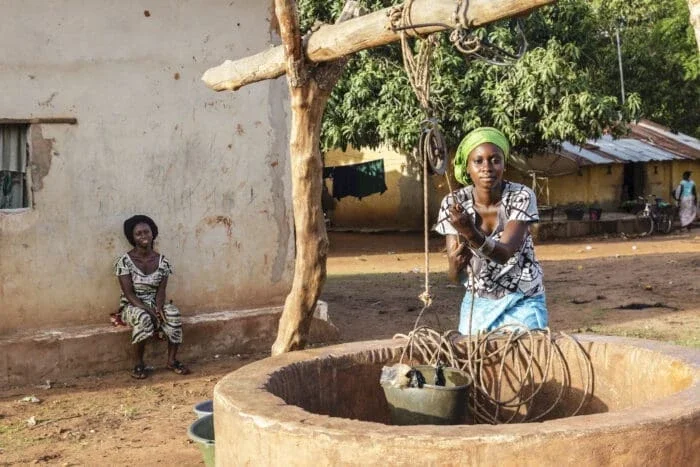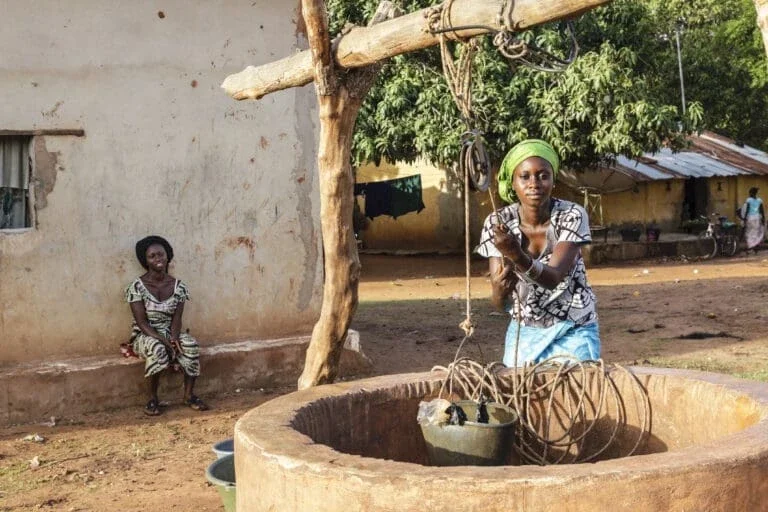Read the Full Report
download pdfA local delivery system with 3 key elements
Recognizing these gaps in health system resilience, the report outlines, and advocates for, a three-step system to deliver climate-informed health action at a ground level. The components of this local delivery system include:
- 1. Collaboration between health and meteorological agenciesAdvocating for collaboration between health and meteorological agencies to gather data and forecast the impact of climate change on the health of vulnerable populations;
- 2. Local coordination for early actionBuilding local coordination for early action with leaders and experts across climate, health, urban planning, transportation, education, and civil society who apply climate insights to local prevention and response plans;
- 3. Effective communication initiativesPreparing for future climate-related health threats by ensuring timely, effective communications reach those most at risk.
Case Studies
Pioneering city-led initiatives have already made an impact on the lives and well-being of urban dwellers across the world.
The Urban Climate-Health Action report was informed by data from the Urban Pulse: Identifying Resilience Solutions at the Intersection of Climate, Health and Equity survey. Conducted by Yale University and the Resilient Cities Network, with support from The Rockefeller Foundation, the survey reveals that of nearly 200 city leaders in 118 cities in 52 countries, 70% of city leaders recognize these climate-related health threats, and over 90% report economic losses from such events. Despite this, few cities have emergency response plans that use reliable climate data, and only 20% have strong inter-departmental coordination.
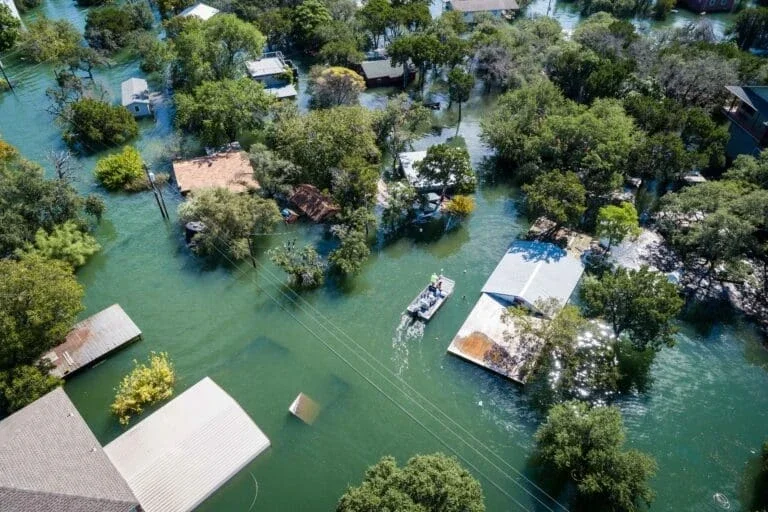
The Team
More Reports
A Mandate for International Cooperation: G20 Popular Opinion on Global Action A follow-up survey of nearly 20,000 people across 18 G20 countries reveals strong support for international cooperation, with 60% willing to accept national compromise to solve global challenges. Preventing wars, providing access to food and clean water, and tackling climate change topped the list as priority issues for respondents. Read the latest survey for more.
Demanding Results: Global Views on International Cooperation A new survey of more than 36,000 people from across 34 countries shows that while people believe in global cooperation, they are hungry for more effective systems. In fact, 75% of people would support their country working with others if it's proven to solve global problems. Read the latest survey for more.
2024 Impact Report Delivering results for people in the United States and around the world has not been easy. Across energy, food, health, finance, and economic opportunity, the Foundation uses its convening power to show that collaboration is the fastest route to impact.
